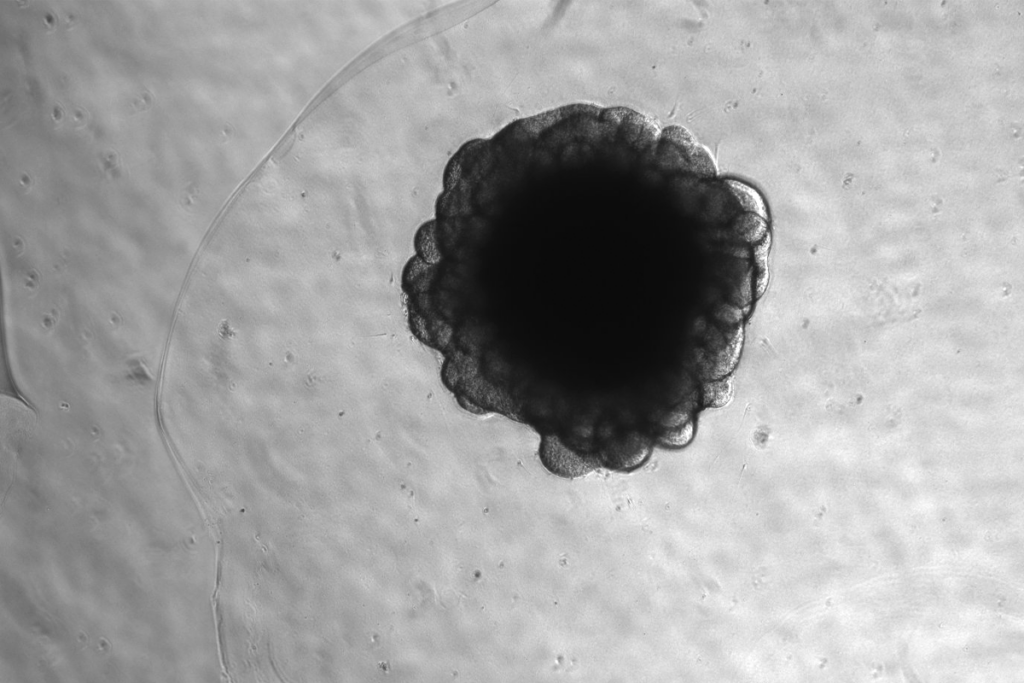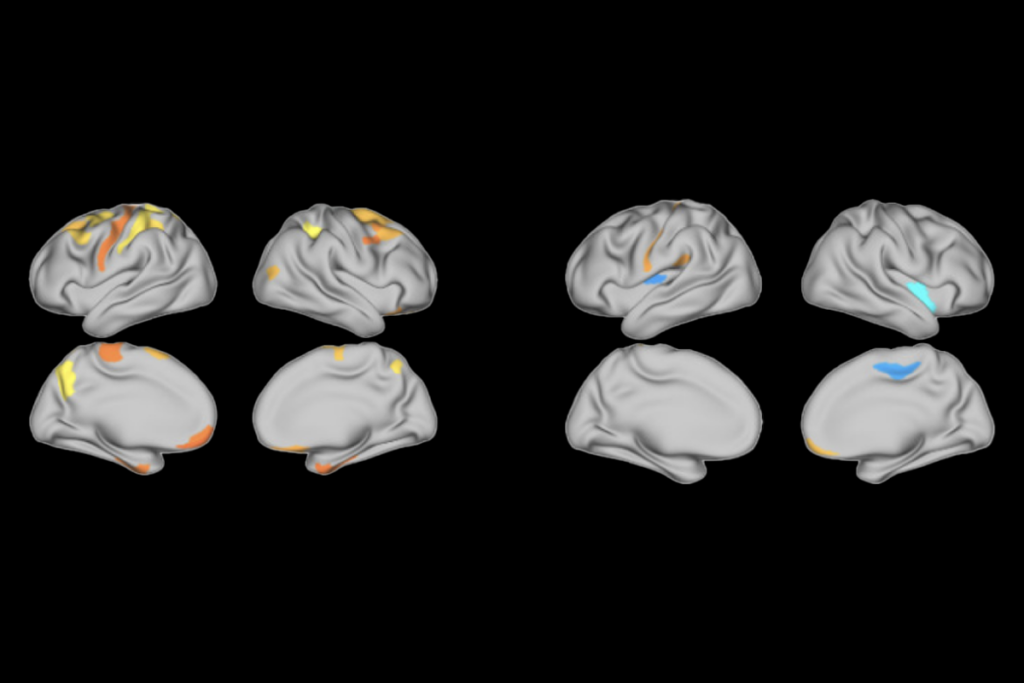Tony Charman
Chair of clinical child psychology
King's College London
From this contributor
Building an autism research registry: Q&A with Tony Charman
A purpose-built database of participants who have shared genomic and behavioral data could give clinical trials a boost, Charman says.

Building an autism research registry: Q&A with Tony Charman
Your questions about the Lancet Commission and ‘profound autism,’ answered
Tony Charman and Catherine Lord answer questions from Spectrum’s webinar on the Lancet Commission’s recommendations for autism research.

Your questions about the Lancet Commission and ‘profound autism,’ answered
Separate thinking skills underlie autism, attention deficit
Theory of mind difficulties are likely to be more central to autism than to attention deficit hyperactive disorder, whereas executive function problems are more often associated with the latter.

Separate thinking skills underlie autism, attention deficit
Tony Charman: Longitudinal studies for autism research
Clinicians and autism researchers should learn the early signs of autism and take into account an individual’s developmental trajectory, says Tony Charman.

Tony Charman: Longitudinal studies for autism research
Explore more from The Transmitter
‘Peer review is our strength’: Q&A with Walter Koroshetz, former NINDS director
In his first week off the job, the former National Institute of Neurological Disorders and Stroke director urges U.S. scientists to remain optimistic about the future of neuroscience research, even if the executive branch “may not value what we do.”

‘Peer review is our strength’: Q&A with Walter Koroshetz, former NINDS director
In his first week off the job, the former National Institute of Neurological Disorders and Stroke director urges U.S. scientists to remain optimistic about the future of neuroscience research, even if the executive branch “may not value what we do.”
Viral remnant in chimpanzees silences brain gene humans still use
The retroviral insert appears to inadvertently switch off a gene involved in brain development.

Viral remnant in chimpanzees silences brain gene humans still use
The retroviral insert appears to inadvertently switch off a gene involved in brain development.
FDA website no longer warns against bogus autism therapies, and more
Here is a roundup of autism-related news and research spotted around the web for the week of 26 January.

FDA website no longer warns against bogus autism therapies, and more
Here is a roundup of autism-related news and research spotted around the web for the week of 26 January.